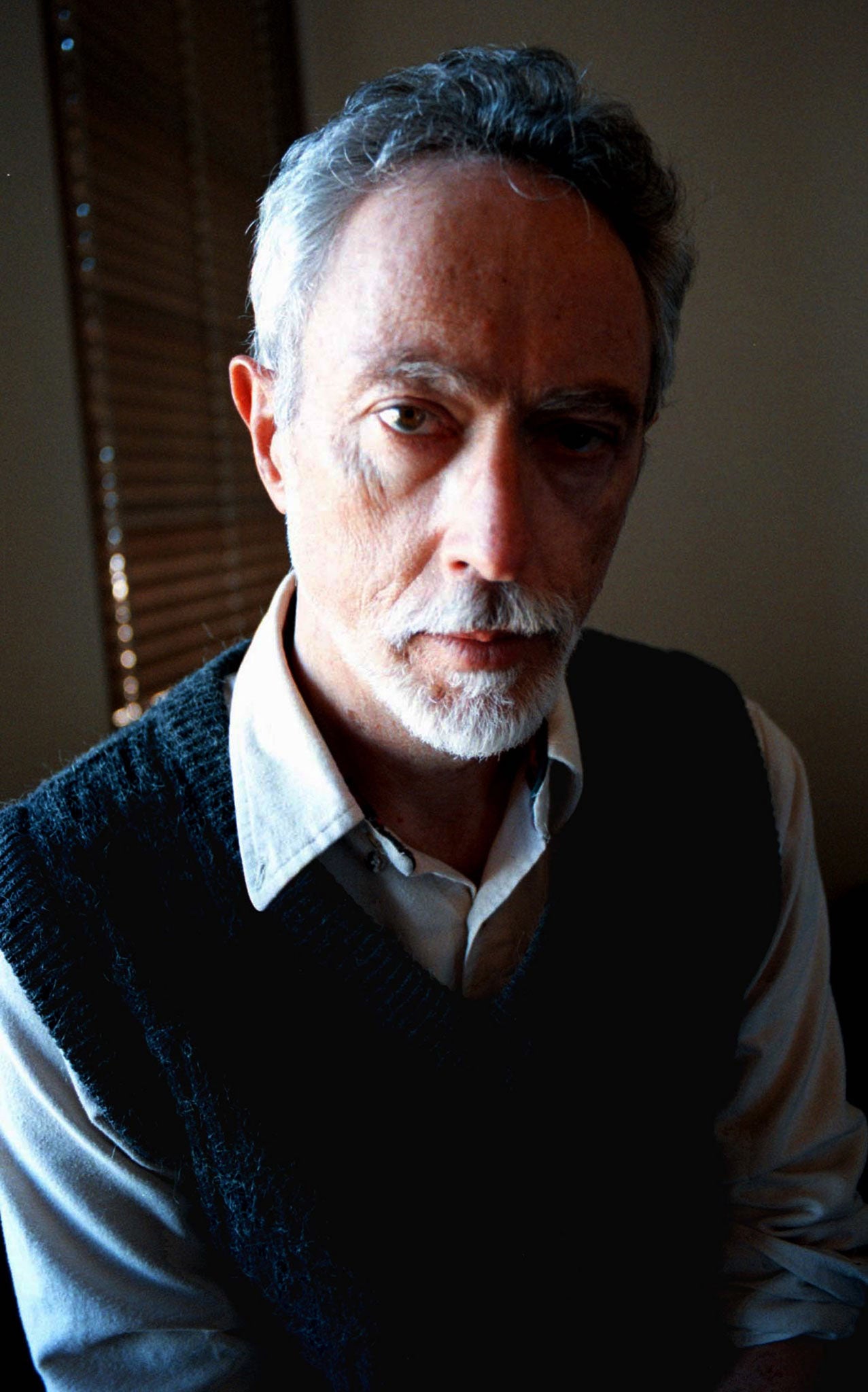Boyd Tonkin: He's not quite the messiah - but JM Coetzee is a devilishly clever novelist
The Week in Books

We sometimes lazily assume that works by great and deep authors must be hard to read, whereas trite blockbusters slip down easily. The opposite can often be the case. Like Kafka or Beckett (both of whom loom behind his writing), JM Coetzee fashions prose of a lapidary clarity and grace. But what do his gnomic stories mean? In 1999, as a judge for the Booker Prize, I felt on a first reading that Disgrace - his exquisitely troubling novel both of the new South Africa, and of conflicts older than politics - would be more or less unbeatable. So it proved. As for its ultimate significance, the flawless sentences - lucid but elusive - haunt me still.
Get money off this book at the Independent bookshop
I suspect that The Childhood of Jesus (Harvill Secker, £18.99) will also disturb the peace of its readers. A man and a boy, whom we know as Simón and Davíd, arrive as penniless migrants in a Spanish-speaking country peopled by incomers all "washed clean of the past" and keen to start afresh. Davíd, precocious, unsettling and "exceptional", has lost his mother; "uncle" Simón feels he has a duty to find her. The boy's protector works hard among friendly comrades as a dockside stevedore. He benefits from simple, caring social services in a land he finds "bloodless", although "so decent, so kindly, so well-intentioned".
After a chance meeting with tennis-players on a semi-ruined estate that recalls a more stratified society, Simón invites awkward, virginal Ynes to be the boy's "real mother". She consents, and takes over as Davíd's guardian. But the boy's tussles with the school authorities set both of his self-appointed parents at odds with the austerely benign institutions of a place where an egalitarian "cloud of goodwill" seems to smother passion, memory, selfhood.
Philosophical digressions, sometimes consciously comic (Simón ponders the "pooness of poo" while unblocking a lavatory), punctuate the eerily smart Davíd's estrangement, and Simón's growing alienation as a "misfit" in this "too placid" country. Surrounded by earnest goodness, he still hankers for "some saviour" to "descend from the skies".
After his move into more transparent, quasi-autobiographical fiction - as in the deeply satisfying Summertime - Coetzee has returned to the (paradoxically) clear and yet opaque fable mode of masterworks such as Waiting for the Barbarians. Given the title, one might expect an oblique retelling of gospel stories, with an emphasis on the bright, strange, insolent young Jesus we find quizzing the priests in Luke 2:46-50 ("I must be about my Father's business").
But Coetzee never makes things so simple for disciples. True, Davíd's rebellion reveals charisma as well as stubbornness and near-mystical insight (numbers for him have "gaps" between them that expose a radical instability in things). In the makeshift family's final flight, they pick up a kind of John the Baptist hitchhiker. Yet the New Testament hints never quite cohere. Moreover, a rival set of references appear, especially as Davíd mispronounces Mickey Mouse's canine chum Pluto as "Plato".
The gospels aside, Coetzee seems as much concerned with the Utopian tradition of the ideal state that Plato first set out in the Republic. When Simón sees a vision of a charioteer steering two winged horses (the famous metaphor of the soul in Phaedrus), the Platonic allusion seems pretty explicit. In this Utopia, many collective values - communitarian and socialist - reach fulfilment. Coetzee never mocks them. Still, Simón, and Davíd, seek a more private, even messianic, revelation.
Ending in midstream, the novel feels like a first episode. Will a sequel recount Davíd's mission? Unlikely. In Coetzee's rich, riddling fiction, as in the mystery-laden life it plumbs, we have to make do with the figures we are given. For his readers, as for Davíd, the numbers never quite add up.
A victor with chutzpah – and a Tudor romp
Shalom Auslander has won the Jewish Quarterly-Wingate Prize for his scabrously funny novel Hope: A Tragedy, in which anxious Solomon Kugel moves to a quiet town in the country only to find in his attic the aged, crochety Anne Frank. Accepting the prize via video at a Jewish Book Week event, Auslander feigned surprise "that Hilary Mantel didn't win" - and imagined that the ever-victorious novelist had also snared an adult-movie award in Las Vegas. Given the Tudor adaptations coming soon, it might give someone ideas.
A stinking books deal for the BBC?
Don't you love those reclusive billionaires? Brad Kelley of Kentucky made his cash-pile (or ash-pile) by flogging cheap cigarettes to US consumers. Now, according to a concerted cough of reports, he may stand poised to buy the Lonely Planet guidebook imprint from BBC Worldwide. What a foul ash-tray this entire saga is. The BBC, then predatory and vainglorious, should never have gone into competition with commercial publishers anyway when it bought most of Lonely Planet for £88m. in 2007.
Whatever the deal's final terms, BBC Worldwide will take a massive hit when it lets go of this always-overpriced investment. And could the main beneficiary of the sell-off of LP guides, many of which major on healthy activities such as trekking, climbing and cycling, be a man who helped to stop many Americans from doing any of those things? If so, it would stink.
Join our commenting forum
Join thought-provoking conversations, follow other Independent readers and see their replies
Comments
Bookmark popover
Removed from bookmarks